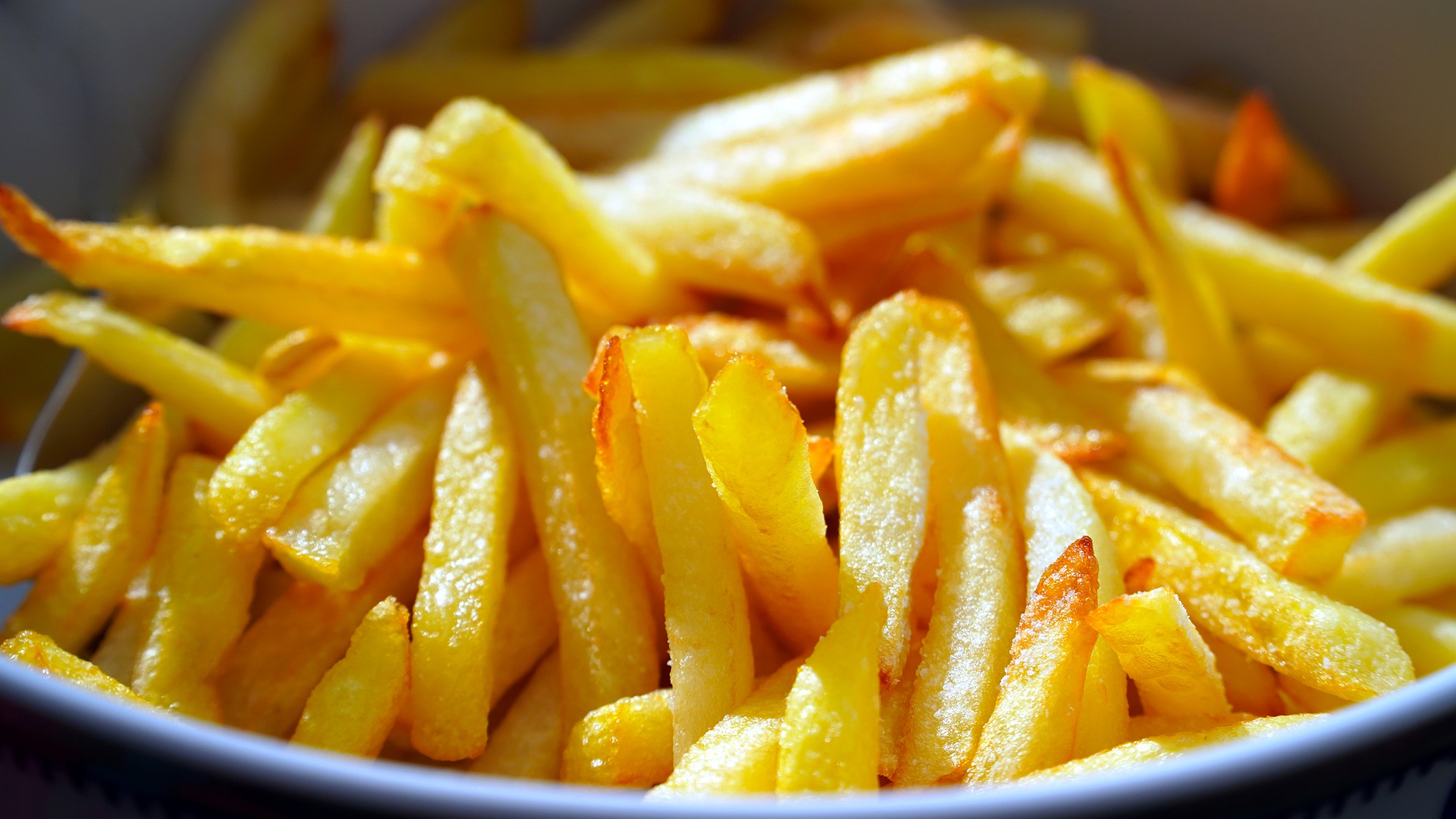Much has become verboten in some form or fashion in California. Consumer-friendly items such as single-use plastic bags that had been customarily given to grocery store customers, plastic straws (unless asked for by patrons), and plastic water bottles and foam food containers in some locales are the featured trophies on the growing things-that-must-be-banned list. Add now to this index of evil “any single-use foodware accessory or standard condiment packaged for single use to a consumer unless the single-use foodware accessory or standard condiment is requested by the consumer.”
So no more ketchup, mustard, or mayonnaise packets automatically handed out with meal orders in California. Customers from here on have to specifically ask for them. And they will get them only when “the single-use foodware accessory is necessary for the consumer to consume ready-to-eat food, or to prevent spills of or safely transport ready-to-eat food.”
The new law applies not only to direct take-out orders but to third-party food deliveries. The “food facility” that contracts with delivery services must “list on its menu the availability of single-use foodware accessories and standard condiments and only provide those items when requested, as provided.”
While the condiment packet prohibition is getting the largest share of media attention, Assembly Bill 1276, signed earlier this month by Gov. Gavin Newsom, also bans chopsticks, cocktail sticks, splash sticks, and stirrers, as all fall under the definition of “single-use foodware accessory.” And the list of restricted condiment packets goes beyond just ketchup, mustard, and mayonnaise. It also includes “relishes, spices, sauces, confections, or seasonings that require no additional preparation and that are usually used on a food item after preparation … soy sauce, hot sauce, salsa, salt, pepper, sugar, and sugar substitutes.”
It’s possible lawmakers missed something. But as best as we can tell, they got it all.
Naturally there has to be some sort of punishment for the miscreants who commit what Sacramento has designated as newly created crime. While first and second violations will result in official notices of wrongdoing, “any subsequent violation is an infraction punishable by a fine of $25 for each day in violation.” To deal with the expected crime wave, city and county governments will be required “to authorize an enforcement agency to enforce these requirements” on or before June 1, 2022.
We are now at the point in this post where it must be mentioned that California can’t keep the lights on, regularly burns out of control, taxes its residents and businesses literally out of the state, is enduring a housing crisis that has no solution in sight, suffers from a perpetually man-made drought, is unable to solve its profound homelessness problem, and yet lawmakers have the time and energy to enact prohibitions of everyday items.
AB1276 was needed, say lawmakers and advocates, to minimize pollution and better manage “a rise in single-use plastics and waste.” Pull back the curtain, though, and we see that the law is a response to a problem exacerbated by public policy.
“I think that there is irony in that government COVID policy led to a boom in takeout and food delivery,” says Pepperdine economist Gary M. Galles, “which led to a huge increase in demand for ketchup and other condiment packets, and now they are promising solution to a problem they just made incredibly worse.”
Galles also wonders how effective the $300 maximum annual fine will be.
“Other than trying to appear green to avoid targeting by environmentalists, I think many restaurants would find it more profitable to pay the fine,” he said. “I am particularly thinking about the extra time that it would take workers to ask about such things and custom-fill those requests or for delivery drivers to accommodate those requests.”
While no one wants to see beaches and other common areas overflowing with trash, if the potential to become litter is all that’s needed to for an item to be banned, then every consumer good is in line to be outlawed. Everything we buy eventually becomes garbage that might not make it into the waste stream.
Maybe it’s a bit outlandish to say so, taking things a little too far to make a point. Yet it’s no more absurd than the law itself. Is threatening the private sector really the best Sacramento could come up with? Probably, since California is on a prohibition roll that shows no signs of slowing.
Kerry Jackson is a fellow with the Center for California Reform at the Pacific Research Institute.


